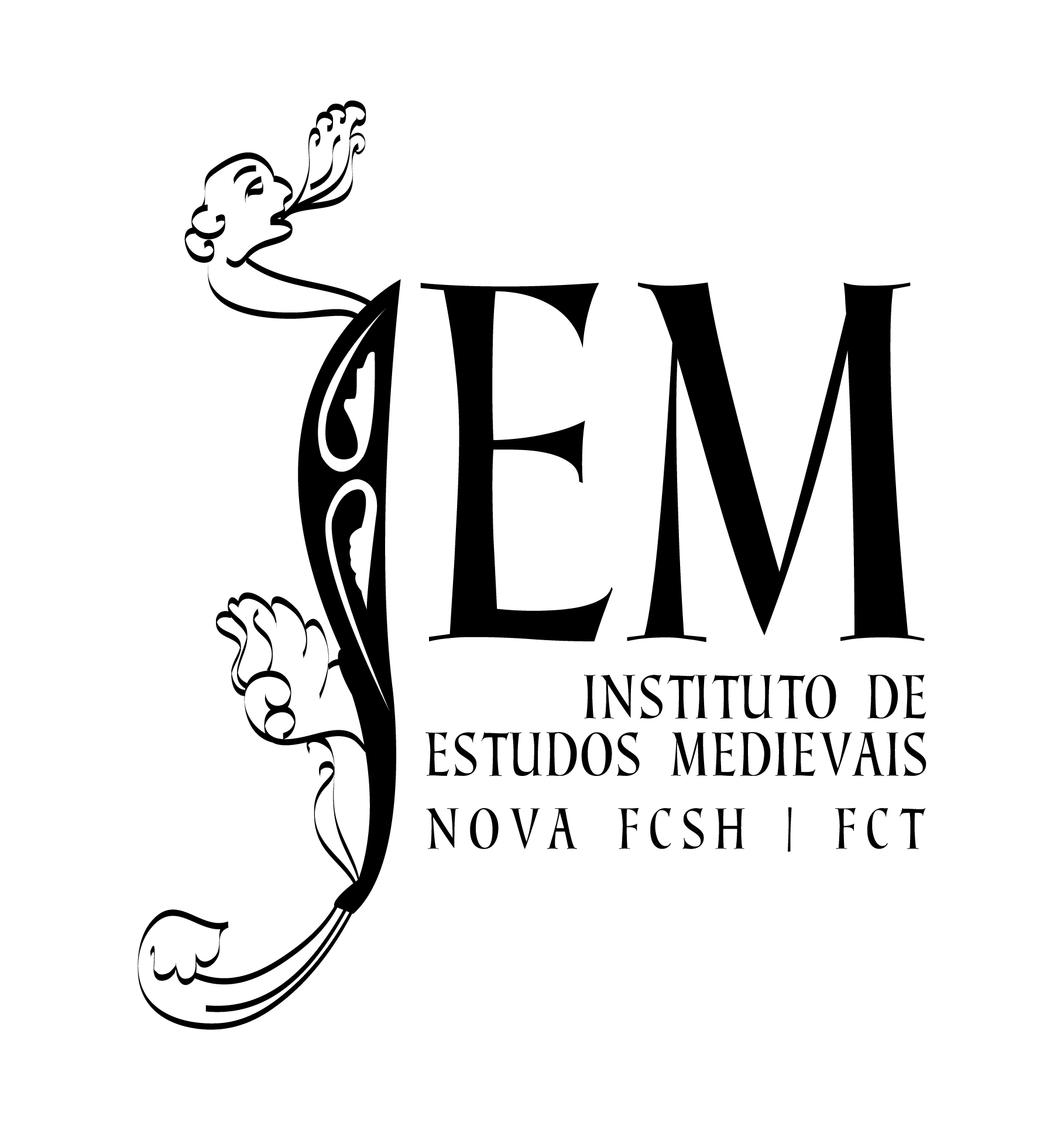Medieval minstrel
Bibliographic notes
Author whose activity indisputably took place in the court of Alfonso X, as his songs prove, but whose identification has been the object of some discussion between specialists, due to the fact that several homonyms are documented at the time. His name places him in Seville, but probably, against the usual, it would not indicate his naturality, but only the place where he established himself. Actually, it’s possible that he was galician, the certain naturality of one of the mentioned homonyms, one Pero Amigo, clergy of Santo Tirso de Ambroa (Corunha), attested between 1238 and 1275. One (other) homonym is, on the other hand, documented between 1288 and 1302 as clergy of Salamanca and Oviedo. The identification becomes even more difficult because, in both cases, the documentation attests relations with minstrels (in the first case, with Pero Garcia de Ambroa, among others, and in the second with one Pero Louçano, to whom the clergy leaves his guitar in his will).To these two clerics, already referenced long ago, Vicenç Beltran later added another Pero Amigo that seems to have strong possibilities of effectively being the author present in the songbooks: it’s one "Pedro Amigo, joglar", benefited in the repartimientos of Jerez de la Frontera (1264 and 1269) and Murcia (1266).
Recently (2018), Ron Fernández3, considering the abovementioned "anomaly" with regard to the toponym of his name, decided to investigate if Sevilha was not, in fact, a minor Galician toponym, finding, in fact, a fifth called Sevill, annexed to the monastery of Monfero, in the locality of Santa Giana (region to which the homonym who is the clergyman of Ambroa is connected). And he wonders: "Non sería doado que un copista non coñecedor da toponimia menor galega puidese ter cedido á tentación de emendar un erro inexistente e de repoñer o a final para convertelo na cidade andaluza?"
In any case, the activity of Pero Amigo should have started still in the reign of Fernando III, spanning all of Alfonso X’s reign.
Bibliographic references
1
Beltran, Vicenç
(2005),
La corte de Babel. Lenguas, poética y política en la España del siglo XIII
Madrid, Bredos
Access the web page
2
Oliveira, António Resende de
(1994),
Depois do espectáculo trovadoresco. A estrutura dos cancioneiros peninsulares e as recolhas dos séculos XIII e XIV
Lisboa, Edições Colibri
3
Ron Fernández, Xavier
(2018),
"Martin Codax: o nome. A onomástica na lírica trobadoresca", in The Vindel Parchment and Martin Codax. The Golden Age of Medieval Galician Poetry, edited by Alexandre Rodríguez Guerra and Xosé Bieito Arias Freixedo
John Benjamins Publishing Company
Access the web page


